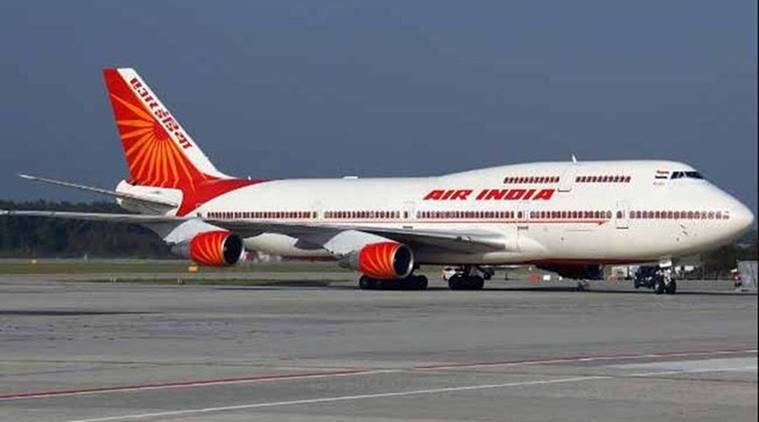 In a report tabled in Parliament in January 2012, the Comptroller and Auditor General (CAG) had flagged these irregularities and called the decision to acquire 111 planes by Air India “a recipe for disaster”, which should have raised alarm in the government.
In a report tabled in Parliament in January 2012, the Comptroller and Auditor General (CAG) had flagged these irregularities and called the decision to acquire 111 planes by Air India “a recipe for disaster”, which should have raised alarm in the government.
More than a year after CBI opened investigations into the Air India-Indian Airlines merger and acquisition of 111 aircraft, the Enforcement Directorate (ED) has registered four cases of alleged money laundering in the matter. ED sources said the cases are based on four CBI FIRs lodged last year and have been registered after the agency was able to prima facie get some evidence of money laundering in the case. The cases have been registered under the provisions of Prevention of Money Laundering Act and could lead to attachment of properties belonging to the accused.
The development could put NCP leader Praful Patel in a spot of bother given that he was the civil aviation minister when the merger took place during the UPA 1 regime. Patel, in his media interactions earlier, has denied any wrongdoing and said that all decision taken were collective.
“While probing a case of money laundering against corporate consultant Deepak Talwar, we stumbled upon some money trail that is linked to the entire matter of Air India. We have traced a payment linked to the Air India case to an entity linked to Deepak Talwar. The money involved is huge,” a senior ED official said.
Talwar is facing ED probe in connection with alleged misuse of funds brought into his NGO Advantage India under the Foreign Contribution Regulation Act.
The four ED cases are related to the Air India-Indian Airlines merger, purchase of 111 aircraft from Boeing and Airbus at Rs 70,000 crore, alleged deliberate ceding of profitable routes and schedules to private airlines and opening of certain training institutes with foreign investment.
The CBI had in May last year registered three FIRs in the matter and initiated a preliminary enquiry with regard to the merger of Air India and the Indian Airlines. This PE was later converted into an FIR. The decisions with regard to the merger, purchase of aircraft and giving up profitable routes to private airlines, according to CBI, caused a loss to the tune of thousands of crores of rupees to the exchequer.
CBI spokesperson R K Gaur had then said the FIRs had been registered for offences of criminal conspiracy and corruption against unidentified officials of the civil aviation ministry and Air India.
In a report tabled in Parliament in January 2012, the Comptroller and Auditor General (CAG) had flagged these irregularities and called the decision to acquire 111 planes by Air India “a recipe for disaster”, which should have raised alarm in the government.
It said the aircraft acquisition through debt had “contributed predominantly” to the airline’s massive debt liability.
CAG had also called the merger of Air India and Indian Airlines “ill-timed” and pointed out that “the financial case for the merger was not adequately validated prior to the merger”.
“The entire acquisition (for both Air India and Indian Airlines) was to be funded through debt (to be repaid through revenue generation), except for a relatively small equity infusion of Rs. 325 crore for Indian Airlines. This was a recipe for disaster and should have raised alarm signals in Ministry of Civil Aviation, Public Investment Board and the Planning Commission”, the report said.
The CAG also flagged the “speed” at which the acquisition process for 68 aircraft was dealt with and observed that it was based on “flawed” assumptions.
Given that the initial proposal was made in December 1996, CAG had said that acquisition process took an “unduly long time” and only in January 2004 a plan was made to buy 28 planes, which was revisited and later increased to 68 aircraft.
“This increase in numbers does not withstand audit scrutiny, considering the market requirements obtaining then or forecast for the future, as also the commercial viability projected to justify the acquisition. The acquisition appears to be supply-driven”, the report had said.
In a report tabled in Parliament in January 2012, the Comptroller and Auditor General (CAG) had flagged these irregularities and called the decision to acquire 111 planes by Air India “a recipe for disaster”, which should have raised alarm in the government.